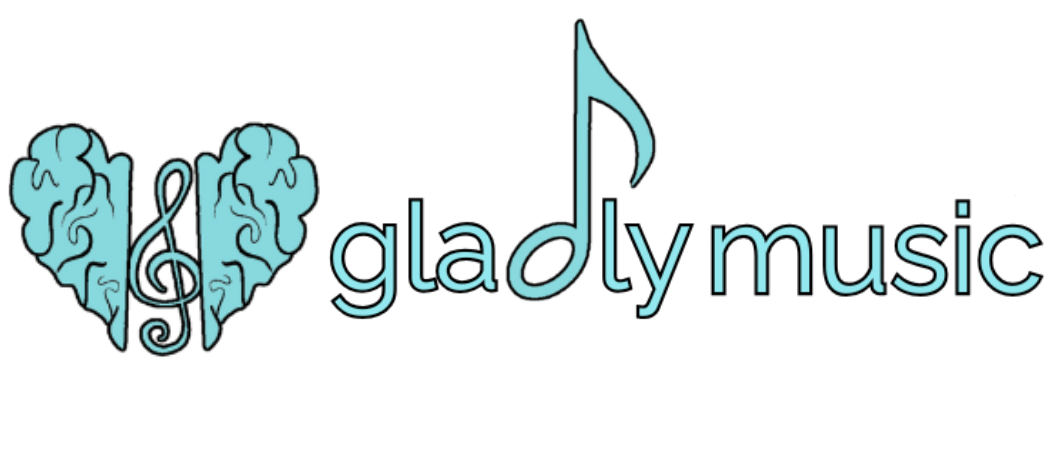
music therapy in miami, fl and online
How Music Therapy for Autism Can Transform Lives
Music Therapy for Autism Spectrum Disorder (ASD) can help children and adults develop their abilities while improving communication, emotional, and social skills. Through structured musical activities, participants also build valuable life skills.
Music therapy for autism is highly individualized, creating a safe and supportive environment that fosters growth.
Using rhythmic activities, singing, and instrument play, sessions stimulate cognitive and emotional development while offering an uplifting way to connect with others. Parents and caregivers often report stronger bonds, increased engagement, and improved mood as a result of regular sessions.
Benefits of music therapy for the mind and body
The benefits of music therapy for the mind and body are wide-reaching, making it a powerful tool for overall wellness. Music therapy can reduce stress, ease anxiety, and improve mood by stimulating the brain’s natural reward centers. It also supports memory, attention, and cognitive function, which is especially valuable for individuals with ADHD, autism, dementia, or other neurological conditions. Physically, music therapy can lower blood pressure, regulate heart rate, and even support pain management through relaxation and rhythmic entrainment. By combining emotional expression with physical regulation, the mind-body benefits of music therapy create a holistic approach to health, helping people of all ages feel more balanced, connected, and resilient.
Gladly Music is currently offering music therapy for all populations in your home and virtually. I can also provide services within your facility such as schools and hospitals. Please contact me to learn more or to schedule your first session!
